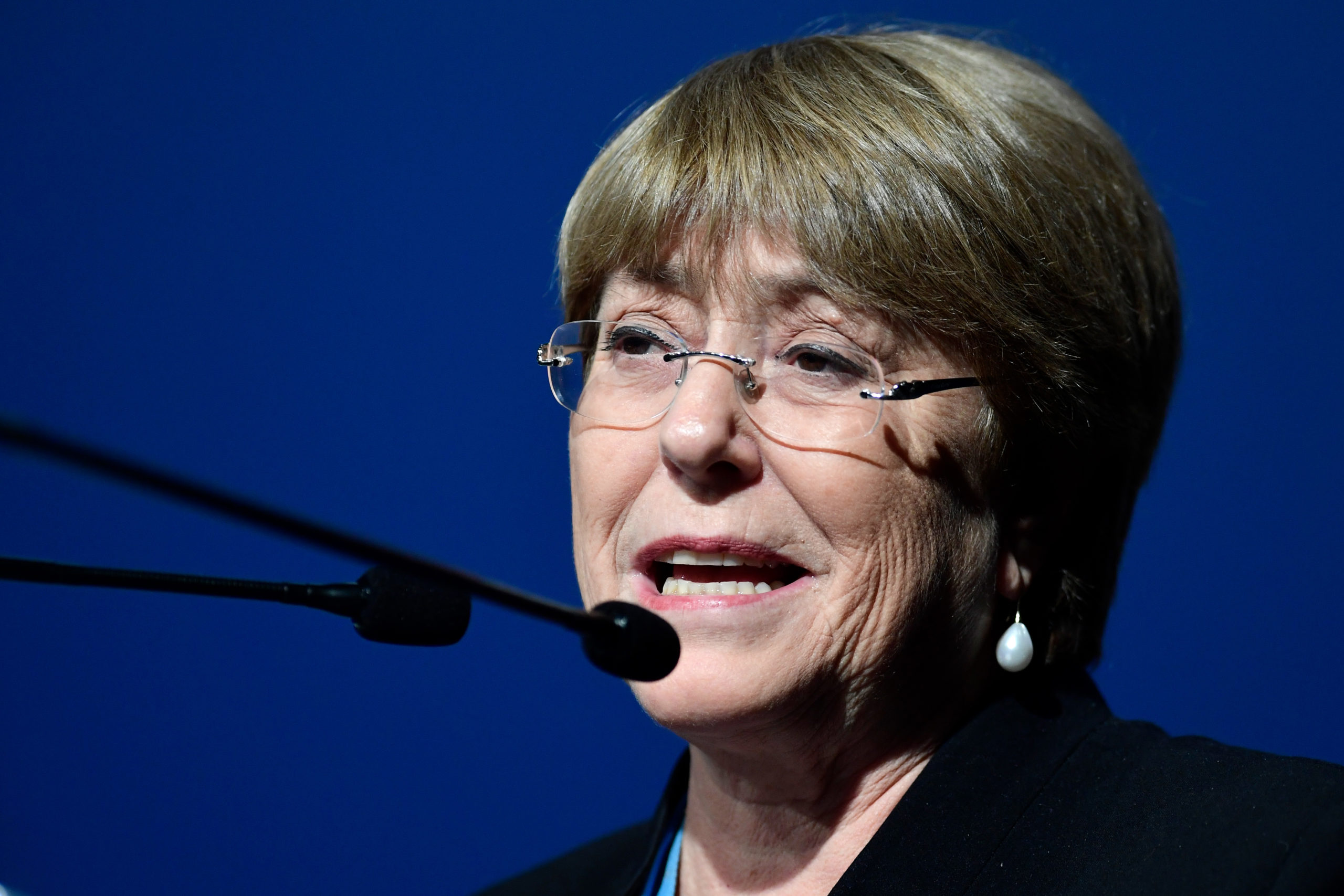
United Nations High Commissioner for Human Rights Michelle Bachelet —AFP FILE PHOTO
MANILA, Philippines — While acknowledging that the Philippine government has made some initiatives to advance accountability for human rights violations and abuses, the UN Office of the High Commissioner for Human Rights (OHCHR) noted in its latest report that “access to justice for victims … remained very limited.”
In a report presented before the UN Human Rights Council in Geneva, High Commissioner Michelle Bachelet acknowledged the steps taken by the government to ensure accountability for rights victims.
Among these were its participation in the UN Joint Programme for technical support and capacity building supported by the OHCHR to improve domestic mechanisms, as well as the Department of Justice’s (DOJ) interagency review of abuses committed in killings from drug-related operations.
However, “considerable challenges” remain for the country, including institutional and structural shortcomings in law enforcement and the judiciary, “despite efforts to address some cases.”
Bachelet’s report also highlighted limited human rights investigations, inadequate investigation capacity and interagency cooperation, limited forensic capacity, and protracted judicial processes.
It added that while some cases have been investigated, these have so far not resulted in convictions and redress for victims.
Recommendations
The report recommended that the DOJ’s interagency panel accelerate its review of all drug-related killings and ensure that all relevant findings would be acted on promptly.
It also asked the government to revise all drug laws and policies and ensure these were in line with human rights norms and international guidelines, as well as pass legislation to protect human rights defenders.
The government was also urged to “take all necessary steps” to ensure the continued independence of the Commission on Human Rights through a transparent and consultative appointment process for commissioners in line with the Paris Principles.

